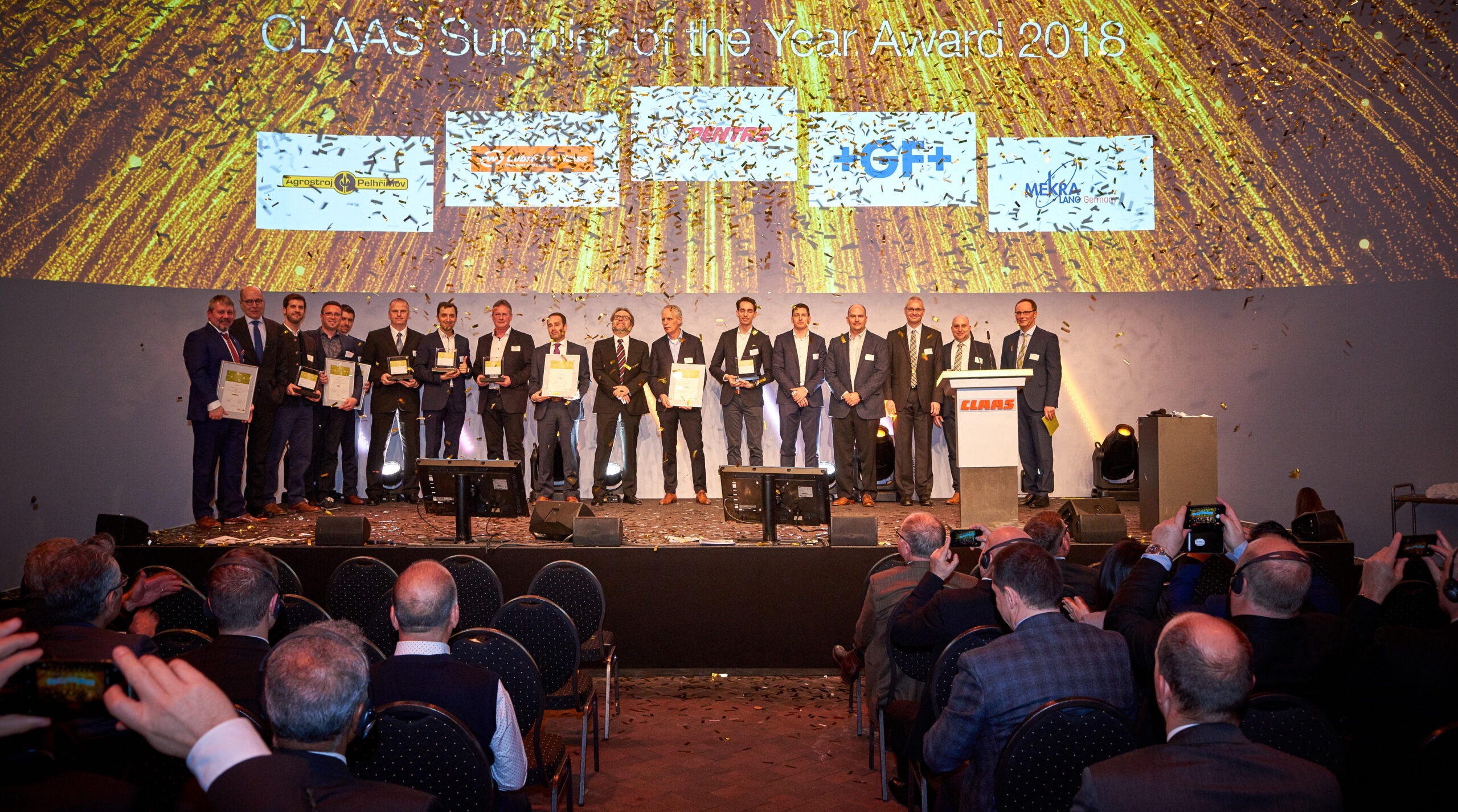Our history at a glance

For half a century, Pentas has been at the forefront of innovation, manufacturing the most complex products through rotational molding for a wide range of customers. Our extensive experience has created a treasure trove of history, ranging from producing surfboards to realizing an award-winning plastic tank for CLAAS. We are eager to share more about all our highlights in 50 years of Pentas.
1970: The beginning
The 1970s marked the beginning of Pentas, when Nijverdal Ten Cate shifted from textiles to the production of consumer products. In 1972, the Windsurfer, an innovative surfboard with a sail, was introduced in the Netherlands, revolutionizing the world of water sports. By the end of that year, Ten Cate Sports received the exclusive licensing rights for the Windsurfer across Europe.
In 1973, Martin Spanjer, on behalf of Nijverdal Ten Cate, went to America to meet Hoyle Schweitzer, the patent holder of the Windsurfer. This meeting in 1974, and the subsequent collaboration, strengthened the position of Ten Cate Sports in the emerging surfboard market. In 1975, the Windsurfer with a sail was officially launched in the Netherlands, and Ten Cate Sports secured the rights for Europe.
The production of the Windsurfer comes to the Netherlands through Ten Cate Sports.

1980: Looking beyond
The 1980s were a turning point when it was decided to reconsider the production of sailboards. In 1985, it became clear that the future no longer lay in sailboards, leading to a shift towards other products. This decision marked the beginning of a new phase exploring the various possibilities of rotational molding.
By the end of 1985, Martin Spanjer, on behalf of the company, began exploring new markets for rotationally molded products. His research uncovered promising opportunities, particularly in the production of portable toilets. This led to the appointment of Horst Krzepinski as the industry representative for the German market. Krzepinski's in-depth market knowledge and network contributed to establishing lasting relationships with customers, many of whom still do business with Pentas today.

In 1988, still within the Ten Cate era, the company made an investment with the purchase of the CAR-1, an advanced carousel production machine. This machine, the successor to the R&R (Rock and Roll machine), set the tone for future growth and development in the years that followed.
1990: A new market
The 1990s were a transformative period, with the company completely detaching itself from its origins in sailboard production. In 1990, the production of sailboards was discontinued, marking a definitive end to an important chapter in history and allowing a complete shift in focus to rotational molding in other markets.
In 1991, Pentas opened at the Bedrijvenpark Twente, marking a significant step forward in production capacity and technological possibilities. The start of production in 1992 with four new production machines marked the beginning of a new era.

The year 1993 was a turning point for Pentas with a management buy-out, after which Ten Cate Rotomoulding was renamed Pentas Moulding B.V. This change emphasized the new independence.
Ruud Koorn is one of the five founders of Pentas.

The late 1990s were characterized by a focus on technological advancement, particularly in robotics and automation. The introduction of robots and Pick & Place (P&P) systems transformed the production processes, enabling more efficient work to meet a wider range of customer needs. This period laid the foundation for the advanced production capabilities Pentas is known for today.
2000: Technological innovation
The 2000s saw significant strides in technological innovation and expansion of production capacity. In 2006, an investment was made in a CNC-controlled milling machine, setting a new standard for the precision and quality of the manufactured aluminum molds. This investment provided customers with the assurance that their product ideas were unique and well protected, further strengthening the service and trust in Pentas.
In 2008, the CAR-8 was purchased. This new machine, along with earlier expansions of the premises in 2000 and 2008, illustrated the ongoing growth.
In 2015 and 2016, this trend continued with further expansions of the premises, including extra space for a testing center and storage facilities, which improved the testing and quality control processes. The expansion of the warehouses in 2016 provided more capacity for product storage and supported the growing production activities.
A particular highlight was winning the 'Best Supplier of the Year 2018' award from the company Claas, an acknowledgment that underscored Pentas' commitment to quality, innovation, and customer satisfaction.

2020: Growth and innovation
The current decade marks a continuation of Pentas' commitment to growth and innovation. In 2020, the premises underwent a significant expansion with the commissioning of HAL 2, a new industrial hall on the northwest side of the premises.
Sustainability remains a core value for Pentas, as evidenced by the installation of 1660 solar panels on the roof of the new hall in 2020. This development, initiated by the aldermen Maathuis and Van Mierlo of Almelo, enables Pentas to generate a considerable amount of sustainable energy for its own use.

In 2021, this trend continued with the purchase and installation of the CAR-9, also known as rotational molding machine 10, which further strengthened Pentas' production capabilities. Additionally, that year we acquired an acre of land from the neighbors, expanding our physical presence and growth potential.
2022 was another milestone with the acquisition of the CAR-10, further enhancing innovation and production efficiency. This year also marked a transition in leadership, with the transfer of the company from founder Ruud Koorn to his sons Marthijn and Wouter.

Pentas' journey is one of growth and change, starting with sailboards and evolving into various rotationally molded products. We look forward to the future, focusing on practical innovation and improving our processes.

)